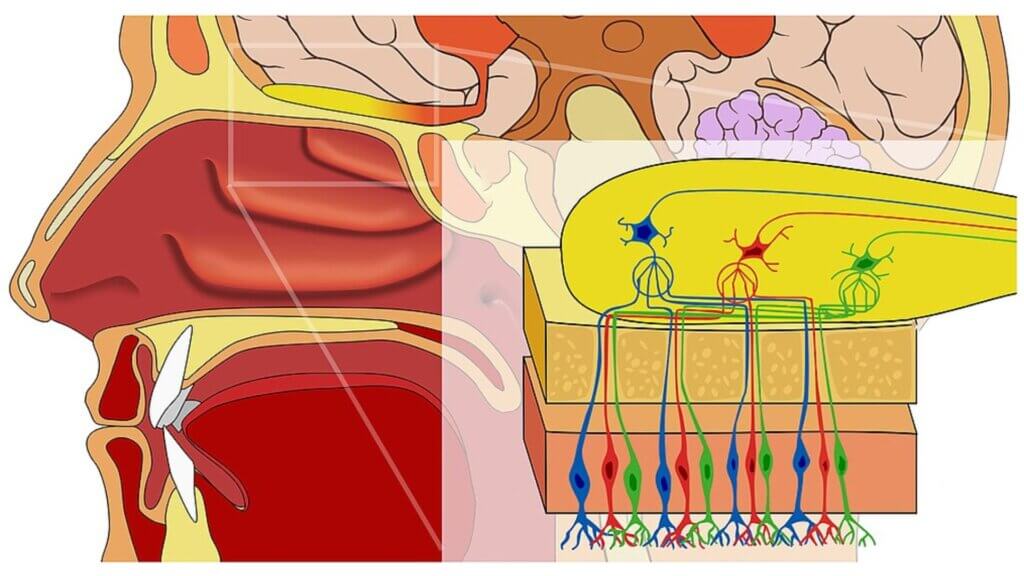Products are selected by our editors, we may earn commission from links on this page.

Taste, feel, sight, hearing, and sound all help us navigate the world. Our senses send signals to our bodies and brains sometimes before we are even conscious of it. Our sense of smell is one of these important indicators that can identify risks and opportunities in our environment. A study found that your nose might actually be able to predict when death is looming. Here’s how.
Sense of Smell is Important for Your Health

Smell is one of the biggest indicators of what we like to eat. It influences taste and other factors. But your sense of smell is actually very important for your health as well. Smell helps you identify potentially hazardous events such as fires or gas leaks.
Evolutionary Purpose of Smell

Humans’ sense of smell is rooted in evolutionary practices as well. A strong sense of smell could help survival and reproduction, making it an essential. It’s a way to interact with the environment and identify risks and opportunities quickly.
How Does Smell Sense Death?

Fascinatingly, your body can actually predict many things before the mind becomes aware. Your nose may actually even be able to sense when death is looming, according to a study conducted by the Public Library of Science (PLOS).
The Study’s Findings

The study, titled “Olfactory Dysfunction Predicts 5-Year Mortality in Older Adults”, found that loss of smell is a strong predictor of death in older individuals. According to the research, losing your sense of smell can predict death within 5 years.
Details of the Study

The study involves individuals between the ages of 57 and 85 years old. It aimed to gain insights about older individuals to gain knowledge and improve the well-being and quality of life of older Americans.
A Five-Year Study With Fascinating Results

The researchers asked participants of the study to undergo a smell test in which they identified 5 common everyday smells: rose, peppermint, leather, orange, and fish. Five years later, the participants were asked to identify the same smells once again.
What We Learned

12% of the participants passed away between the two smell tests. Of those who died, 39% had failed the first smell test, 19% had moderate smell loss on the first test, and only 10% had a healthy sense of smell. This indicated that those who had failed the initial test were 4 times more likely to die within five years than those who had a strong sense of smell.
Correlation vs. Causation

It is important to note that loss of smell was not the cause of death. In fact, the researchers did not even study the cause of death of participants. Rather, the results showed that loss of smell could be an indicator of health decline.
Building on the Findings

The same study has not been performed on younger people yet. The study researchers believe the study results could be built upon with more research to find more details on the impact of smell on health.

